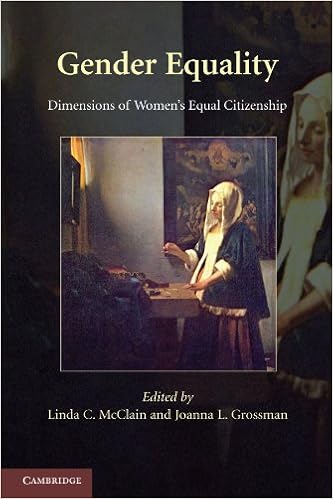 In Pavan v. Smith, the Supreme Court summarily reversed an opinion of the Arkansas Supreme Court, which had held that the state could deny married women the right to have a spouse listed as a child’s second parent on the birth certificate if the spouse was female rather than male. The ruling was blatantly inconsistent with Obergefell, which requires that states permit same-sex couples to marry on the same terms and conditions—with access to the same “constellation of benefits”—as opposite-sex couples. The Supreme Court was right to summarily reverse—as it did in a case last year, V.L. v. E.L, involving Alabama’s unjustifiable refusal to give full faith and credit to adoption decrees that recognized a lesbian co-parent as the legal parent of her partner’s three children.
In Pavan v. Smith, the Supreme Court summarily reversed an opinion of the Arkansas Supreme Court, which had held that the state could deny married women the right to have a spouse listed as a child’s second parent on the birth certificate if the spouse was female rather than male. The ruling was blatantly inconsistent with Obergefell, which requires that states permit same-sex couples to marry on the same terms and conditions—with access to the same “constellation of benefits”—as opposite-sex couples. The Supreme Court was right to summarily reverse—as it did in a case last year, V.L. v. E.L, involving Alabama’s unjustifiable refusal to give full faith and credit to adoption decrees that recognized a lesbian co-parent as the legal parent of her partner’s three children.
Arkansas law of birth certificates is typical of most states. Under the applicable code provisions, a married woman must list her husband as the second parent of any child born during the marriage. This is subject to a very limited exception that allows his name to be omitted if the wife, the husband, and the putative biological father each submit an affidavit denying the husband’s paternity. Husbands have generally been deemed the legal father of their wives’ offspring, regardless of any biological connection. Studies across many decades suggest that 3-5% of children born to married women are not sired by her husband, thus this rule will usually result in identification of the biological father, but not always.


 For four decades, litigants have been posing the same question to the Supreme Court: Do fathers have the same right as mothers to transmit American citizenship to their children? The Supreme Court has been asked repeatedly over four decades to answer some version of the same question: do fathers have the same right as mothers to pass on American citizenship to their children? The answer has always been “no,” with explanations rooted in the basest type of sexism that the Court decries in other contexts. But in a recent ruling, in
For four decades, litigants have been posing the same question to the Supreme Court: Do fathers have the same right as mothers to transmit American citizenship to their children? The Supreme Court has been asked repeatedly over four decades to answer some version of the same question: do fathers have the same right as mothers to pass on American citizenship to their children? The answer has always been “no,” with explanations rooted in the basest type of sexism that the Court decries in other contexts. But in a recent ruling, in  King Solomon of Israel was called upon, in
King Solomon of Israel was called upon, in 



